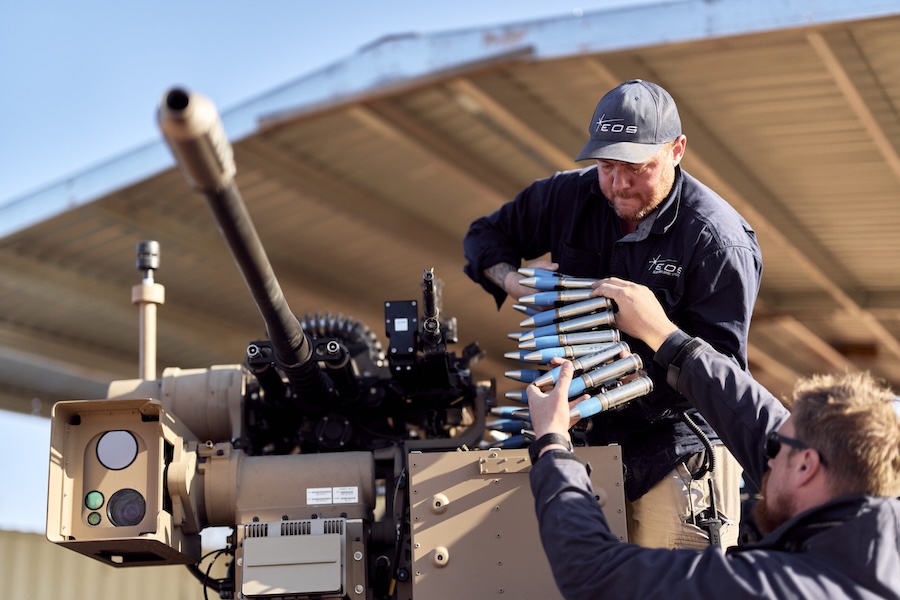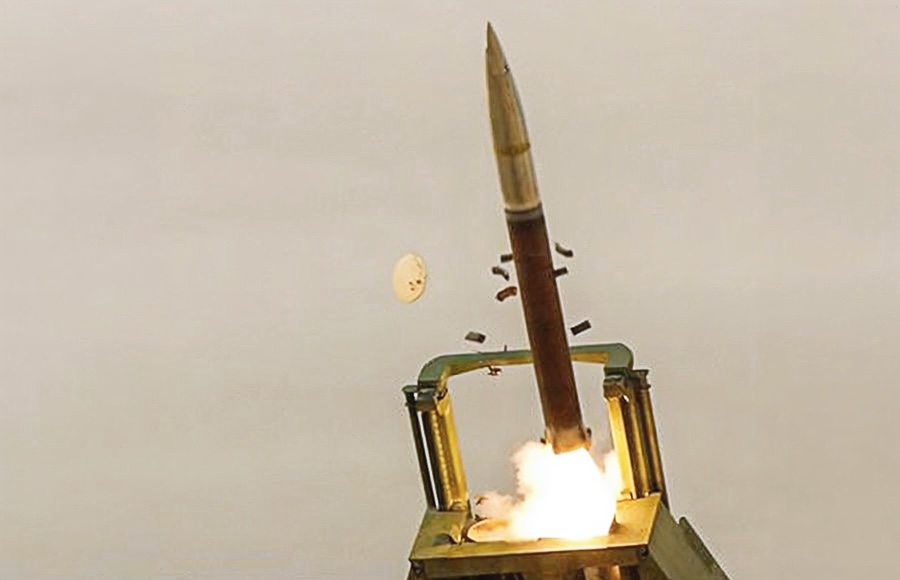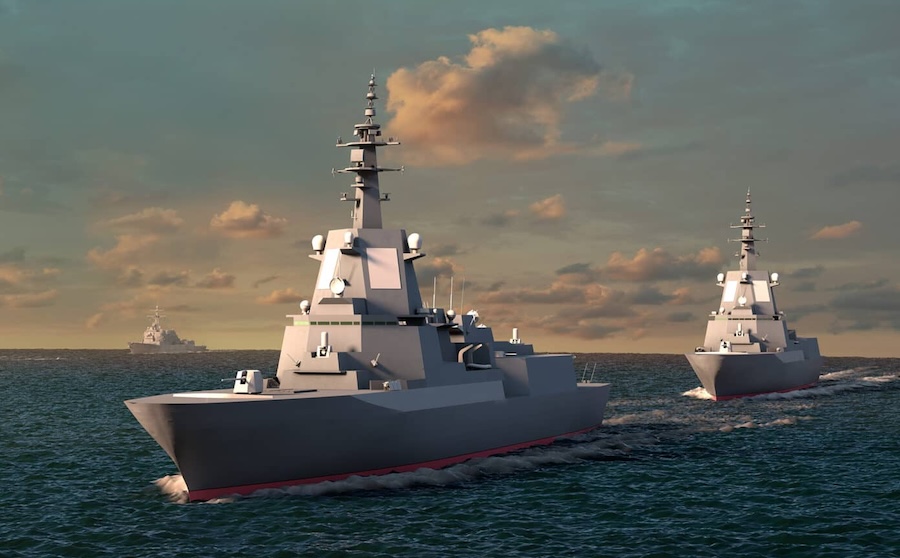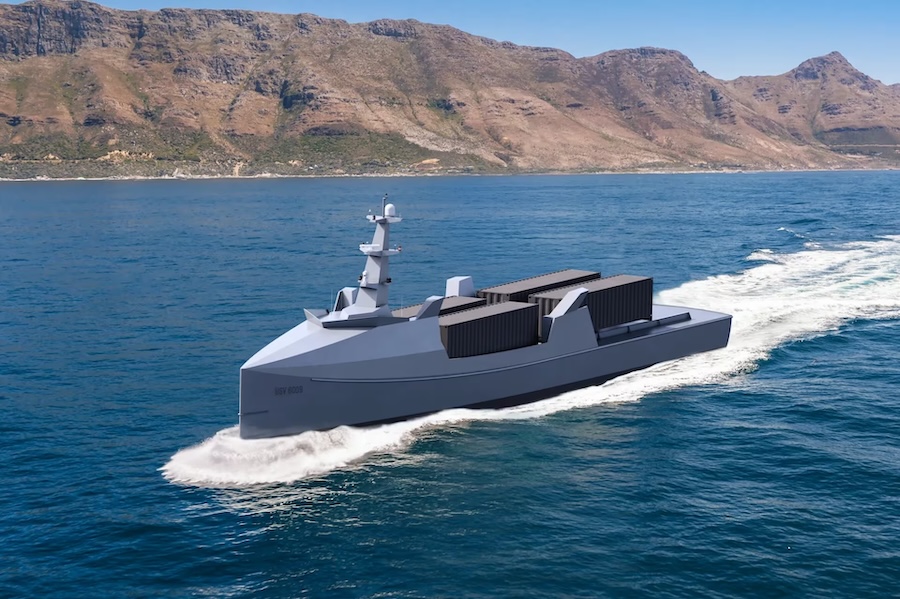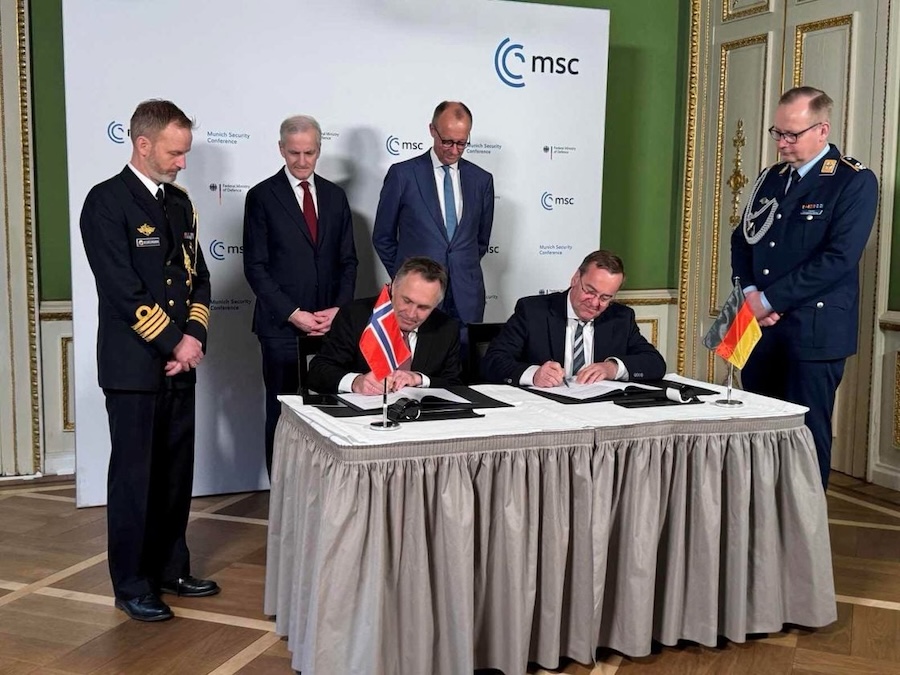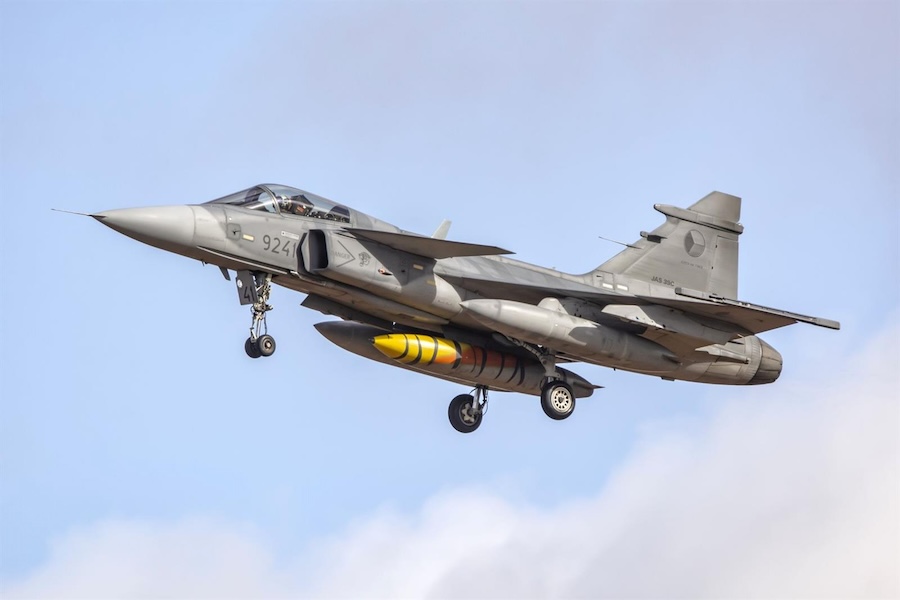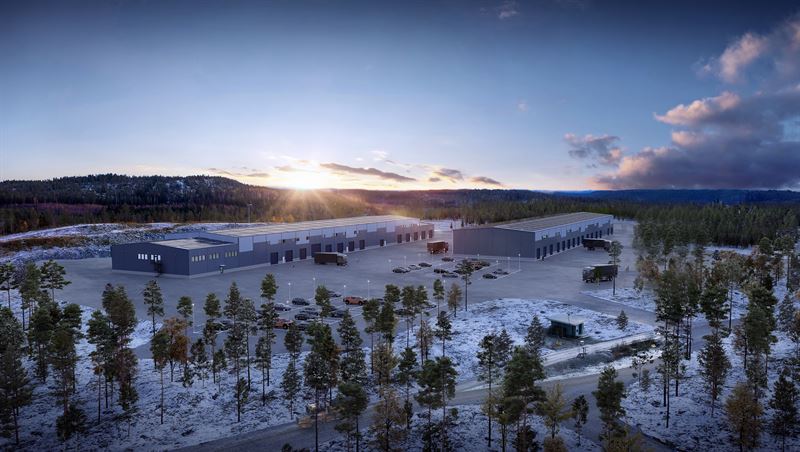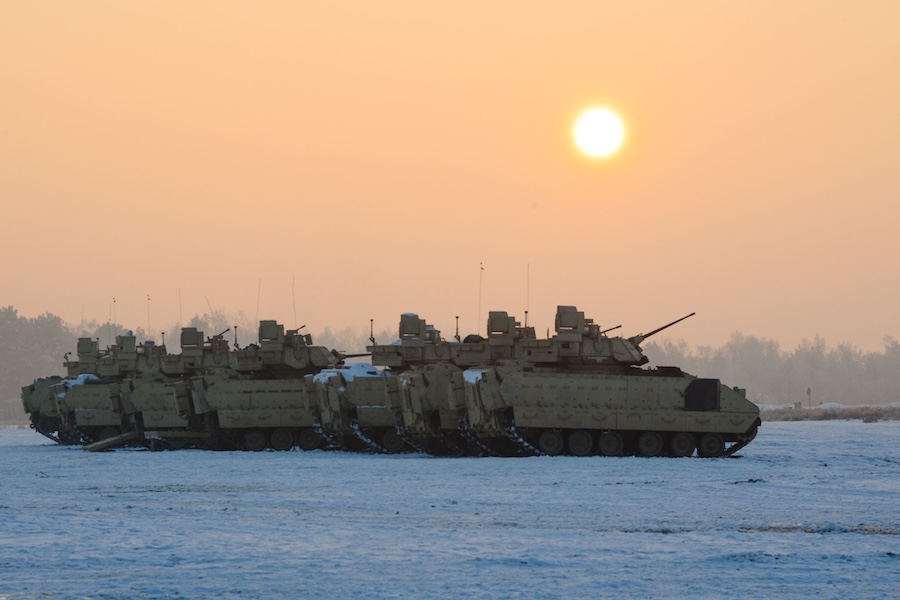A recent representative survey has revealed that many German citizens view the defence industry as a meaningful field of work that makes an important contribution to security. At the same time, measures are needed to modernize the industry and make it more transparent.
Just under four out of ten respondents (39 percent) view working in the defence technology industry as an opportunity to “contribute to the security of Germany and Europe.” Respondents particularly cited “exciting technologies and projects” (29 percent) and “opportunities for international collaboration” (21 percent) as factors that make the industry attractive. This is the result of a representative survey conducted by YouGov on behalf of technology company VINCORION, in which more than 2,000 people were surveyed in April 2025.
“Here at VINCORION, we are seeing this trend reflected quite clearly in our job application numbers, which have doubled since 2023,” explained Kajetan von Mentzingen, CEO of VINCORION. “Last year alone, we were able to expand our workforce to 900 employees – we are growing by almost 100 employees per year. We have already received 2,500 applications in the first quarter of 2025. What is particularly noteworthy is that many applicants are specifically interested in combining high-tech development with a contribution to European security.”

Increased relevance since the war in ukraine
The geopolitical shifts since 2022 have increased awareness of the importance of the defence industry. One in five respondents (21 percent) said that their opinion of the industry has improved since 2022.
This change in sentiment reveals clear differences between age groups and genders – while more than one in four men (28 percent) have developed a more positive attitude toward the defence industry, the same is true for only about one in seven women (15 percent). The improvement is particularly evident among young adults between the ages of 25 and 34 (29 percent) and among people with a higher level of education, such as the Abitur (German university entrance qualification) (26 percent).
“The sector’s relevance has increased, as can be seen in public perception, in the political arena, and also in our growing business,” said von Mentzingen. “VINCORION exceeded the 200 million euro mark in revenue for the first time in 2024 – a significant increase on the previous year’s figure of 163 million euros. We are seeing particularly strong growth in demand for energy-efficient power generators for air defence and components for armored vehicle stabilization. And we develop cutting-edge technologies such as our new rescue hoist for helicopters.”
Clear mandate for policymakers
The survey also revealed German citizens’ priorities when it comes to investing in security and defence (respondents were asked to name the three most important investment areas): For 40 percent, investing in equipment and personnel for the Bundeswehr was the top priority. A total of 34 percent said they would invest in civil defence and emergency management, while 29 percent cited European defence collaboration. Overall, 28 percent consider directly strengthening the domestic defence industry as an important priority.
“The results show that people in Germany have recognized the importance of a coordinated European defence strategy – and that is in line with our own corporate strategy,” emphasized von Mentzingen. “VINCORION is already actively involved in European research initiatives such as the NOMAD project, which is funded by the European Defence Fund with 20 million euros and in which we are working on cutting-edge energy storage systems for military bases. In this project, we are contributing our expertise in generators and hybrid power systems and collaborating with partners from nine European countries.”

Challenges facing the industry
Many respondents also view the defence industry as “relevant” (30 percent) and “responsible” (22 percent). It is also perceived as “crisis-proof” (20 percent) – which is likely to be an important factor in times of economic uncertainty.
The correlation with interest in politics is noteworthy: the more interested in politics respondents say they are, the higher their assessment of the industry’s relevance. The range extends from 14 percent among people with no interest in politics whatsoever to 41 percent among those who are highly interested in politics.
There are also clear differences when it comes to party preferences: while 38 percent of CDU/CSU and Bündnis 90/Die Grünen voters consider the industry to be “relevant” and as many as 48 percent of FDP voters do so, only 23 percent of AfD voters share this view.
At the same time, the survey revealed room for improvement, with 26 percent of respondents considering the industry to be “slow” and only five percent saying it was “transparent.”
“We have recognized these challenges at VINCORION and have initiated specific measures to counteract them,” noted von Mentzingen. “In order to accelerate our production processes, we are currently transitioning our manufacturing operations in Wedel from a small-scale factory to a more efficient high-volume production facility. This will enable us to better meet the sharp rise in demand, for example for components for the Leopard 2. We have also made progress in terms of transparency. For example, through our commitment to green defence, we are playing a pioneering role in the industry and communicating openly about our sustainability strategy and specific projects such as our power generators, which consume less energy and therefore increase the operational readiness and safety of the armed forces.”
It is the responsibility of the industry, but also of the new federal government, to communicate to the citizens what efforts are necessary to ensure Germany’s security.
About the study
The representative survey was conducted by YouGov on behalf of VINCORION. The findings of this survey come from online interviews with members of the YouGov panel who agreed to take part beforehand. A total of 2,046 people were interviewed for this survey between April 14 and 16, 2025. The results were broken down by age, gender, and region, and then weighted accordingly. The results are representative of the civilian population in Germany aged 18 and over.
Source: VINCORION.



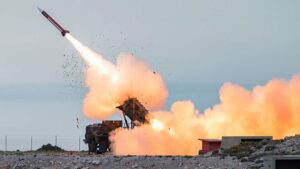



![Ursula von der Leyen at Munich Security Conference calls for independent and stronger Europe [VIDEO]](https://defence-industry.eu/wp-content/uploads/2026/02/urusla-von-der-leyen-at-munich-security-conference-calls-for-independent-and-stronger-europe-video.jpg)
